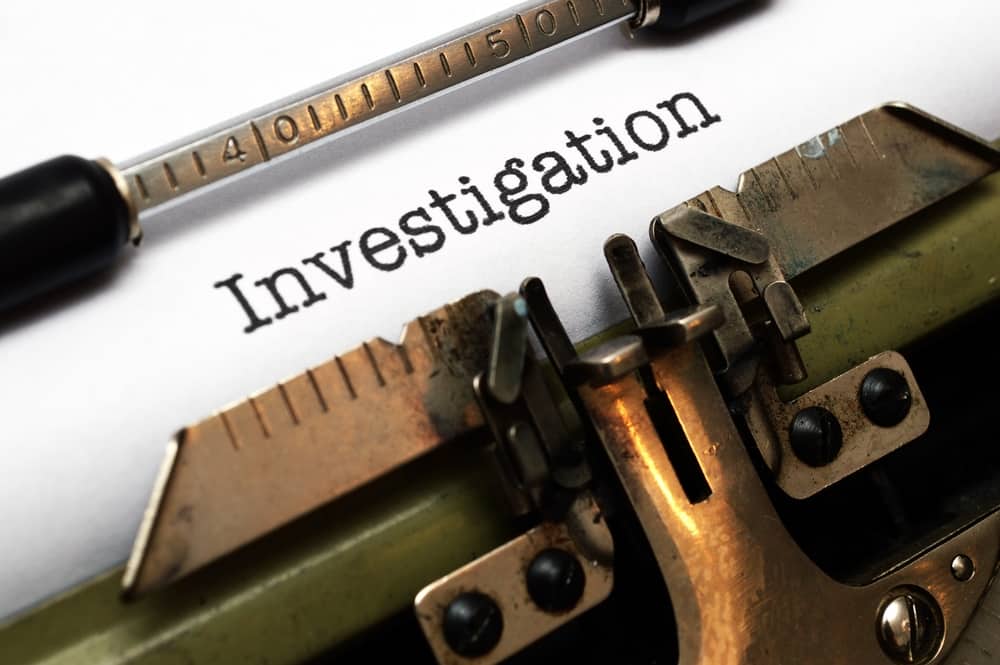
While not actually being provable as fraud, medical providers may require unnecessary testing and treatment in order to protect themselves against mal-practice claims.
Incidents that may suggest workers compensation fraud:
- Billing under wrong treatment codes.
- Billing for visits that never occurred.
- Extending disabilities beyond normally expected recovery periods.
- Setting permanency ratings that are above normal expectations.
- Bringing in latent symptomology or non-related symptomology.
- Claiming aggravated pre-existing conditions.
- Charging for a treatment that was higher than the one preformed.
- Recommending care, prosthetics, medical equipment, or treatment that might not be needed.
- Presenting vague or guarded diagnosis that do not fit facts as to how the loss occurred.
- Weak explanations as to causally related treatment.
- The medical provider has close associations with plaintiff counsel.
Claim Unit Shortcomings:
Adjusters, like the public at large, hold medical providers in high esteem. Hence, there can be a tendency to blindly believe that the medical provider knows best. Even if adjusters do suspect problems they may be easily intimidated when trying to challenge the medical provider. It is tough to challenge a medical expert without the same level of knowledge.
In addition, most medical reports are coded by number, and it is unrealistic to expect an adjuster to understand what all of these numbers represent.
States that have medical fee schedules and treatment standards often can be manipulated so that a higher paying code could apply. Again, most adjusters are not medically attuned to pick up on these subtleties.
Medical Management:
All claim units need at least one claim technician, or medical advisor, with a strong knowledge of basic traumatic injury and occupational disease exposures. This includes knowledge of normal treatment procedures, normal expected disabilities, and possible underlying pathologies that may be aggravated. Training in state medical fee and procedure schedules is mandatory.
The medical technician should be able to determine if the injury or disease is causally related to the employment. Handling technicians need to assist the medical technician by taking statements and gathering detailed factual evidence describing exactly how the loss occurred.
The medical technician needs to keep current on new medical procedures, changes in fee and treatment law. This type of medical professional is on a closer level of knowledge to the medical provider, and therefore medical providers will be more receptive to a call discussing treatment.
On discovery of an issue or problem, direct contact with the medical provider should be made. If resolution does not occur, the medical technician with the handling adjuster should immediately move for an Independent Medical Evaluation, Utilization Review, and/or contact Defense Counsel for the next appropriate step.
Seriously injured employees should be placed under medical management. Employees with more than 12 weeks of lost time due to injury or disease should be reviewed for medical management.
Summary:
A strong medical professional is needed to oversee the medical care and reporting for all claims. All medical connected bills must be audited before approval and payment.
Author Michael Stack, Principal, COMPClub, Amaxx LLC. He is an expert in workers compensation cost containment systems and helps employers reduce their work comp costs by 20% to 50%. He works as a consultant to large and mid-market clients, is co-author of Your Ultimate Guide To Mastering Workers Comp Costs, a comprehensive step-by-step manual of cost containment strategies based on hands-on field experience, and is founder of COMPClub, an exclusive member training program on workers compensation cost containment best practices. Through these platforms he is in the trenches on a working together with clients to implement and define best practices, which allows him to continuously be at the forefront of innovation and thought leadership in workers’ compensation cost containment. Contact: mstack@reduceyourworkerscomp.com.
©2015 Amaxx LLC. All rights reserved under International Copyright Law.
Do not use this information without independent verification. All state laws vary. You should consult with your insurance broker, attorney, or qualified professional.

























